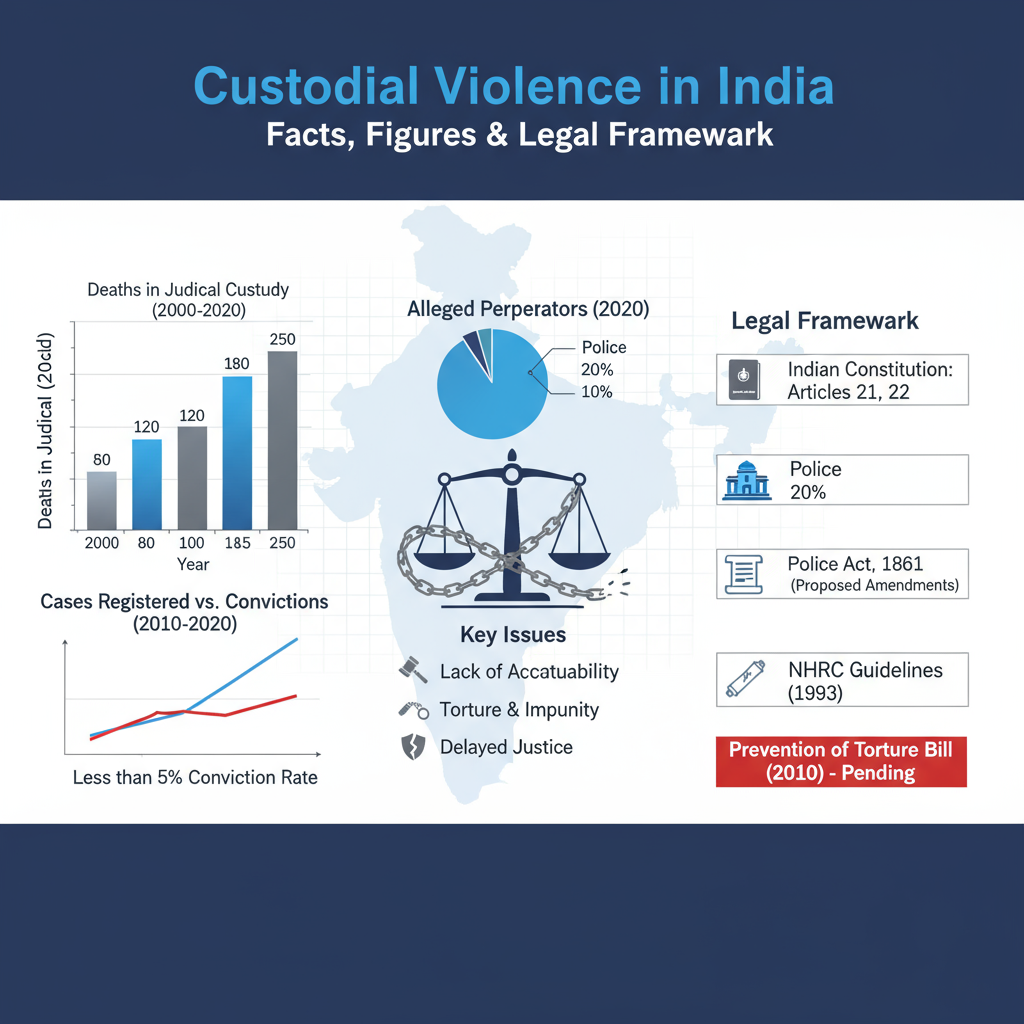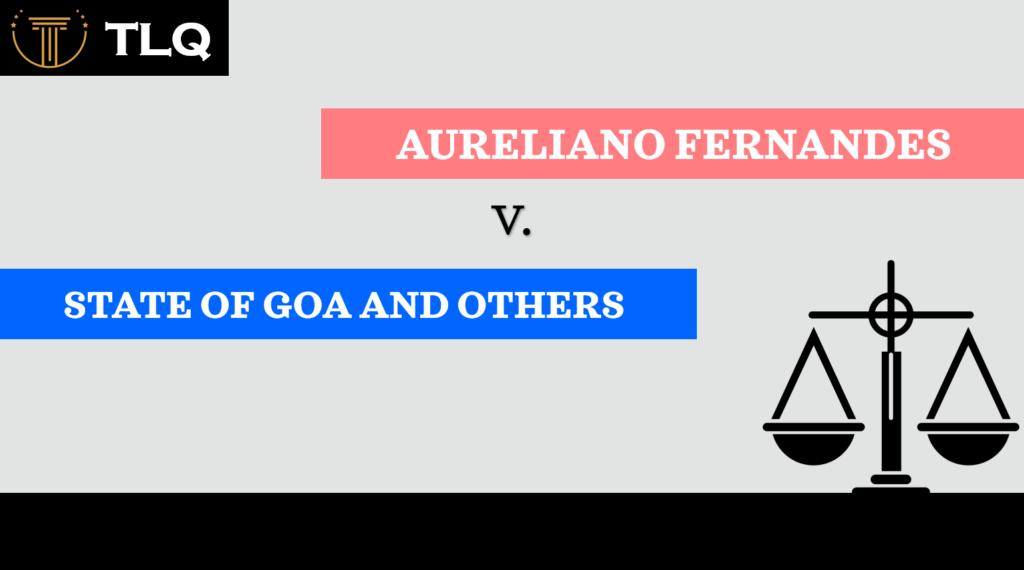Published On: 31st December, 2023
Authored By: Mayuri Sinha
Christ University, Bangalore
Court: Supreme Court of India
Citation: Special Leave Petition (Criminal) no.34053/2019
Date of Judgement: 04th October 2019
Coram/Judge: Hon’ble Ms. Justice Indira Banerjee Hon’ble Mr. Justice M.R. Shah
Parties to the Case:
Petitioner- Kamlesh Devi
Respondents- Jaipal& Ors.
This case is studied with the help of the IRAC method.
OVERVIEW OF THE CASE
- The petitioner and respondents were members of the same family residing together on the same premises. The petitioner’s husband, a retired BSF officer, and the couple had three daughters: Urmila, Anusaya, and Gaytri. Anusaya and Gaytri, both unmarried, were pursuing their studies at Krishna Nagar College.
- The respondents, known for their quarrelsome nature, had formed a group. Whenever the petitioner’s daughters attended college, namely Anusaya and Gaytri, the respondents—Jaipal, Krishan Kumar, and Sandeep—would follow them and engage in inappropriate activities. The petitioner’s husband lodged a complaint with the Sarpanch of the Village concerning these actions. Subsequently, in the presence of village elders, the respondents issued a written apology on August 5, 2008.
- Initially, there was a period of normalcy, but the disturbing activities by the respondents resumed after some time. Faced with no other recourse, the petitioner filed a complaint under the Protection of Women from Domestic Violence Act 2005
ISSUE
Whether in light of the facts of the present case, proceedings against the respondents be initiated as per the provisions of the Protection of Women from Domestic Violence Act, 2005?
RULES APPLICABLE:
Section 401 of Criminal Procedure Code, 1908: which lays down revisionary powers of the High Court for the orders passed by subordinate Courts under its jurisdiction.
The Protection of Women from Domestic Violence Act, 2005: The Act deals with the protection of women from domestic violence.
JUDGMENT ANALYSIS:
- Upon reviewing the provisions of the Act and the case facts, the Learned Judicial Magistrate concluded that none of the witnesses substantiated the claim that the respondents had subjected the petitioner to domestic violence while sharing a household. The Magistrate also noted the absence of any alleged violence within the shared household premises, leading to the dismissal of the petitioner’s complaint under the Protection of Women from Domestic Violence Act, 2005.
- The petitioner’s appeal against this judgment faced rejection by the Learned Sessions Judge, who cited legal reasoning and highlighted the lack of evidence supporting cohabitation between the petitioner and the respondents in a shared household.
- The petitioner’s revisional application seeking to set aside the Sessions Judge’s order and the Magistrate’s judgment also met dismissal.
- The Honorable High Court affirmed the correctness of the Judicial Magistrate’s findings based on evidence and law, validating the order that quashed the complaint.
- The High Court Judge opined that the alleged offense by the respondents fell under the Indian Penal Code (IPC) rather than the Act under which the complaints were filed. Mere familial ties were deemed insufficient to trigger the provisions of the Act, especially as the respondents were the nephews of the petitioner.
- A criminal revision petition challenging these decisions was found to lack merit and was consequently dismissed.
- The Apex Court concurred with the High Court’s ruling that domestic violence elements were absent in the case. The petitioner and respondents did not cohabit in a shared household; instead, they appeared to be neighbors. The vague allegation of familial ties was insufficient, leading to the dismissal of the Special Leave Petition.
CONCLUSION
The knowledgeable Judicial Magistrate interpreted the circumstances of the current case and determined that it did not fall within the scope of The Protection of Women from Domestic Violence Act, of 2005. An appeal against this decision was also declined by the informed Sessions Judge. Additionally, a revision petition challenging these orders was dismissed by the esteemed High Court. The Supreme Court, affirming this decision, rejected the current Special Leave Petition and emphasized the necessity for explicit allegations supported by well-established facts to invoke the provisions of the mentioned act
The SC judgment is referenced from:
Kamlesh Devi v. Jaipal, 2016 SCC Online P&H 15812




